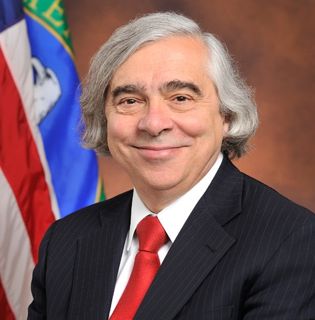Senator John Boozeman has announced an investigation:
I have asked legal experts and Congressional investigators to carefully review the Department’s decision. We are studying several related documents released by the Department, including the 22-page "Record of Decision" on the environmental review, a 73- page “Summary of Findings,” and a 210-page “Participation Agreement” between the Department of Energy and Clean Line. We will also require the Department to answer a series of questions related to its decision and provide all related documents and evidence.
Last year, in an effort to clarify the law and restore rights to Arkansans, I introduced the Assuring Private Property Rights Over Vast Access to Land (APPROVAL) Act. Congressman Steve Womack (AR-03) introduced the same bill in the House. The legislation is supported by the entire Arkansas delegation. In October, Congressman Womack and I highlighted the need for this legislation during a House Committee on Natural Resources hearing. Our bill would make it crystal clear that these kinds of projects must receive state approval.
Thankfully, the Obama Administration’s plan for this power line still faces hurdles. This is not a done deal. The Department must be able to legally defend its decision, and there are big gaps between what the law requires and the decision the Department reached. The plan also faces strong opposition by many in Congress.

 RSS Feed
RSS Feed